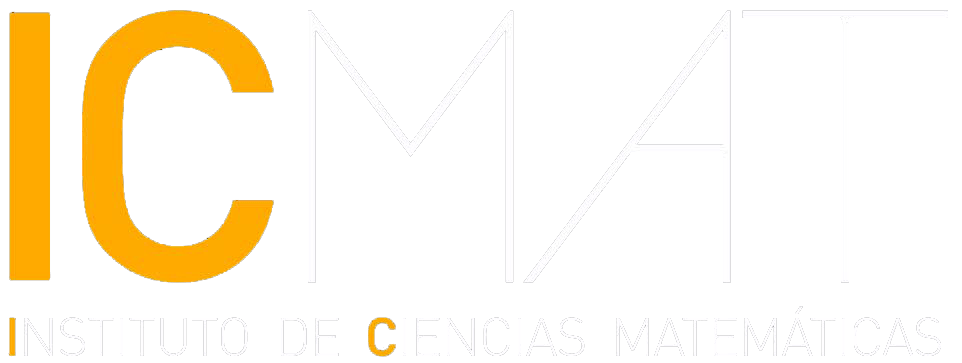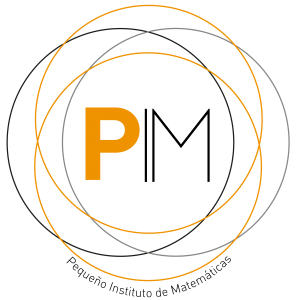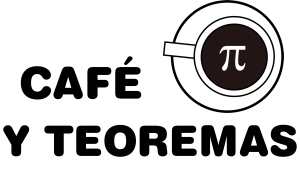This research group works to develop the mathematical foundations and models needed to deal with the main new societal challenges, with a focus on Data Science, Machine Learning and Quantum Technologies.
It is divided in the following research lines:
- Mathematics of Quantum Information Theory: Quantum technologies are nowadays one of the most promising technologies for the near future. They exploit quantum effects to develop new techniques in fields like cryptography, metrology, material science, pharmacology and many others, which have the potential to go far beyond the current (classical) state of the art. The group "Mathematics and Quantum Information" at ICMAT works in a wide variety of mathematical problems which are motivated by quantum technologies. Some of the topics considered in this line are: condense matter and many body systems, quantum control, foundational aspects of quantum mechanics and the theory of operator algebras.
- Machine Learning and Data Science: Machine learning and Data Science are disciplines that are at the core of many current significant societal developments. Embedded in the disciplines of Statistics, Probability, Optimization and Algebra, with strong support from Computer Science developments, this line emphasizes, methodological developments focusing on providing efficient Bayesian approaches to the treatment of large scale inference and prediction problems and methods to deal with the presence of adversaries ready to perturb the data and structure in a problem though adversarial risk analysis and adversarial machine learning. Moreover, it also emphasizes dealing with complex applied problems mainly in the areas of security and cybersecurity, with the aid of its DataLab.
- Mathematical Modelling and Simulation: This covers a wide spectrum ranging from the multidisciplinary mathematical approach to the problems, with emphasis in numerical computation, to the promotion of applications by means of collaborations with other departments such as engineering, biology, physics and earth sciences all around the world. Research include topics such as microfluidics modelling and technological applications, geophysical fluid dynamics, etc.
- Infinite-Dimensional Statistics: This line deals with those problems of data analysis or inference for which the statistical objects of interest are elements of an infinite-dimensional space. This includes the so-called "Functional Data Analysis", (i.e., statistical methods for functional data) but other relevant instances could be mentioned concerning, e.g., set estimation or manifold learning problems. In close relation to this general setting, we are also interested in the use of certain analytical tools (differentiation of operators), combined with probabilistic methods (empirical process theory) with a view towards different statistical applications such as, for example, the estimation of distances between probability measures or the minimization of the empirical risk in statistical learning problems.
Researchers:
Faculty: | Members: | Postgraduate Students: |
|
Group Activities:
|
CSIC Research Groups Involved: |


